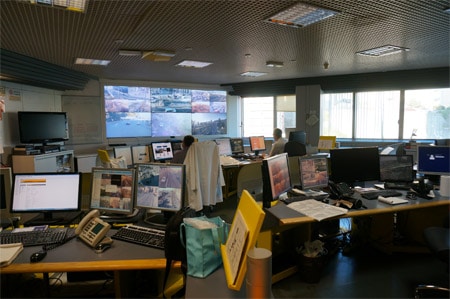
The impacts of flooding cannot be completely prevented. Flood risk increases with ongoing climate change. The FLOOD-serv research project aims to reduce flood risk in large international basins. This will be achieved through the collaboration between different academic fields and the communication with interested individuals.
After acknowledging the speed and costs of the climate change in Europe and worldwide, floods have become a major concern in terms of economic, social and human rights. European Union challenged its’ approach on flood management. In the past the main focus was on how individuals could react in situations of danger. Now, the focus is on how the risk can be analyzed and prevented in advance, thus reducing the damage caused by flooding.
It all started from the research activities in the fields of ICT and flood risk modeling, and the policy making related to flood risk management. The FLOOD-serv team delivered successful results in flood risk management, followed by the development of tools that created a solid starting point for the project’s main aim, the creation of a pro-active and personalized citizen-centric public service application (applications that are directed towards citizens).
The first activities of the project focused on researching the initial needs in the domain of flood risk management and the communication with flood related services in the selected pilot areas.
The project team finished one deliverable related to parallel descriptions on how the provisions of the Flood Management European Directives are transposed into the national legislation, and it also provides key country characteristics and differences of the governance structure related to flood risk management, which are crucial elements for the effectiveness of the societal risk reduction. The purpose of the deliverable is to present an analysis of the legal framework, regulation and organization of flood risk management, contingency planning and response functions, as compared to other selected regions.
On the other hand, the ICT related activities were combined with the flood research activities to fulfill another objective of the project. .The user requirements that were collected in December 2016 and January 2017 during thematic workshops, were analyzed and taken into consideration for the creation of the FLOOD-serv future platform in the process of user requirements analysis.
The needs in flood risk management at local decision making level are high and the demand for supporting tools in civil protection is increasing with every dangerous event of floods. This issue, in combination with the increasingly acute problems of the flood risk variations in the context of climate change, are addressed in FLOOD-serv Project.
